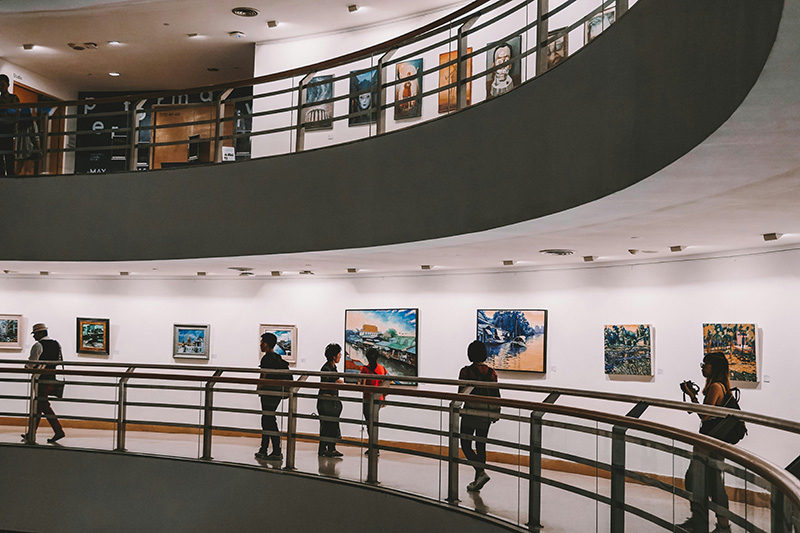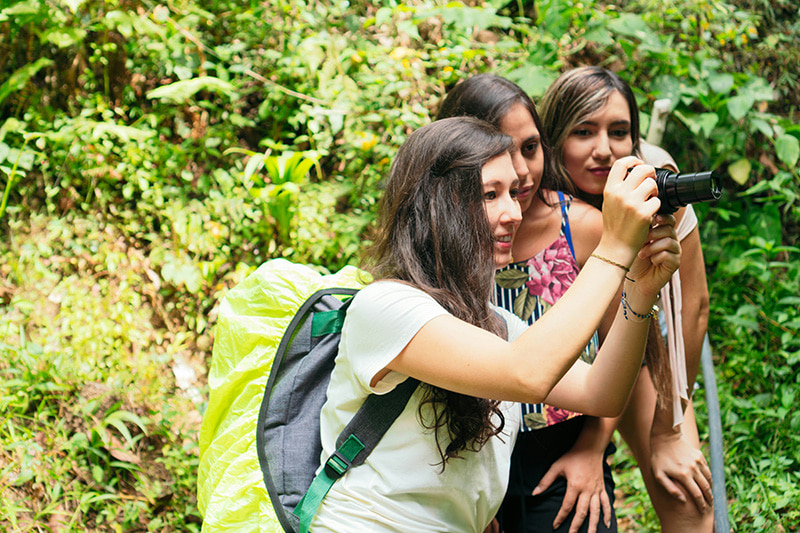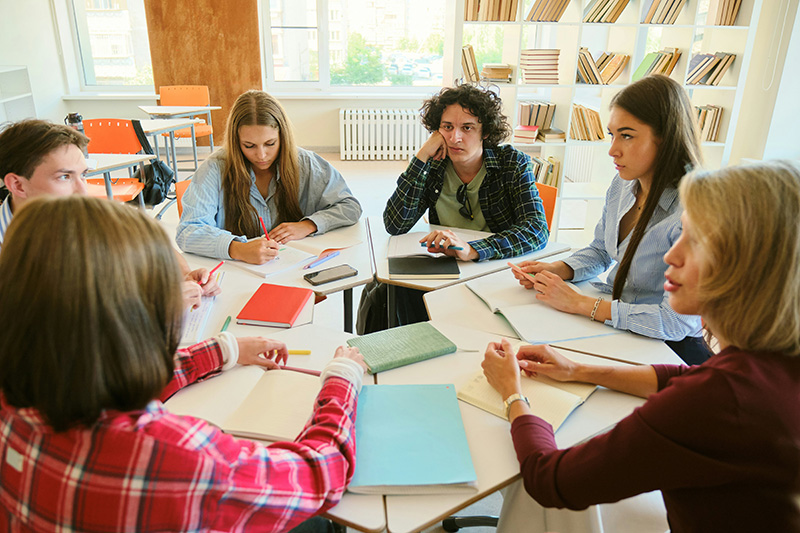Curriculum linked school trips are one of the best ways for students to see in real life what they’ve only read about in books. It also makes things easier for teachers—instead of just explaining an idea, you can point back to the trip. Later on, when the lesson comes up again, students already have something real to picture and connect with.
This blog’s about making trips fun, but still linked back to what you’re teaching.
Start with Clear Learning Objectives
Planning with a clear objective can ease the stress right from the start. It’s better if you list down all the things on your mind and the questions you want to ask yourself while building the plan—like simple goals, primary sources, or whatever else you need, whether it’s a school history trip or a school science trip.
Once the plan is clear, you’ll know which destination fits best, what activities to include, and how to get pupils ready ahead of time. It also makes it easier to show parents or senior staff why the trip is important and worth doing.
Match Destinations to Subject Outcomes

Trips can also be about future skills. You can take them maybe to a factory or even just a small shop nearby, or a university if that’s possible, so they get some idea of work and jobs they don’t really know about. This way, they can start to see how what they do in school has something to do with the real world.
And say you’re planning a school trip to Iceland, that’s on another level. Seeing the Geysir or the Gullfoss waterfall right in front of them is nothing like looking at pictures in a book. Same with other school trips abroad—when students see it with their own eyes, the lesson sticks.
Prepare Students Before the Trip
A school trip doesn’t really start on the day. It starts before that. You need to get the students ready first so when they arrive, they already know a bit and can connect it back to the lesson. You can go over some words they’ll need, give a short reading, or just show a quick video about the place so they have an idea what to expect.
Talking about the trip before also helps with setting rules—things like behaviour, group work, and safety. You can even ask them to come up with their own questions ahead of time so they have something to look out for when they get there. Even a short activity in class, like drawing the route on a map or looking up a few details about the site, already makes a difference. It makes the trip feel part of the lesson, not just some random day out.
Make the Experience Active During the Trip

The best trips are the ones where students don’t just sit and listen but actually do something. You can give them activities like sketching what they see, taking down notes, or asking the guide questions about things they’re curious about. You can also put them in small groups, let them take photos, and later turn that collection of pictures into a little memory or project from the trip.
You can give them some hands-on stuff too, maybe small experiments, a bit of role play, or simple problem-solving tasks so they stay involved and keep thinking. Even if it’s just a tour, you can throw in a quick question like “how does this connect to what we learned?” and it makes them pause for a bit and think about it. When students are involved like that, the trip feels less like just listening all day and more like something they’ll actually remember when they’re back at school.
Extend Learning Back in the Classroom

The value of a school trip grows when the experience is carried back into the classroom. The learning doesn’t stop when the bus gets back. You can use follow-up lessons to let students share stories, compare notes, and connect it all to the subject. This could be as simple as writing a short reflection, making a little presentation, doing some artwork, or even looking at data if it’s for science.
Encourage students to connect their trip observations with curriculum topics—whether that’s linking science fieldwork to ongoing experiments or comparing historical sites with classroom texts. Teachers can also use trip experiences as case studies in later lessons, making abstract ideas more concrete.
Connect Trips to Wider Curriculum Goals
Even if you set up a trip for one subject, it usually crosses into others. A science outing to look at renewable energy also ties into geography and wider topics like the environment. A history trip often connects to literacy because of all the reading and writing involved.
Combining trips across subjects can also boost numbers, reduce costs, and make the trip more accessible for everyone.
When you talk about how the trip connects with other lessons, parents and school leaders can see the point better. It stops looking like an extra thing and more like real learning, which makes it easier to plan school trips with ease next time.
Final Thoughts to Keep in Mind
Taking a trip that ties into the lesson does more than give everyone a change of scenery. It lets pupils connect what they learn in class to real life, see things more clearly, and sometimes get curious in ways they wouldn’t inside the classroom. When the planning ties it back to classroom goals, the trip feels like part of the subject, not just a one-off day.
For over 40 years, we’ve been helping schools plan trips across Europe, taking care of itineraries, excursions, accommodation, and insurance. Every trip comes with an experienced Tour Leader and includes entry to all listed attractions, so you can focus on the students and the learning experience.
Reach out to us and we’ll help you put together a trip that keeps the focus on learning while still being fun for students.
.jpg)
.jpg)
.jpg)
.jpg)